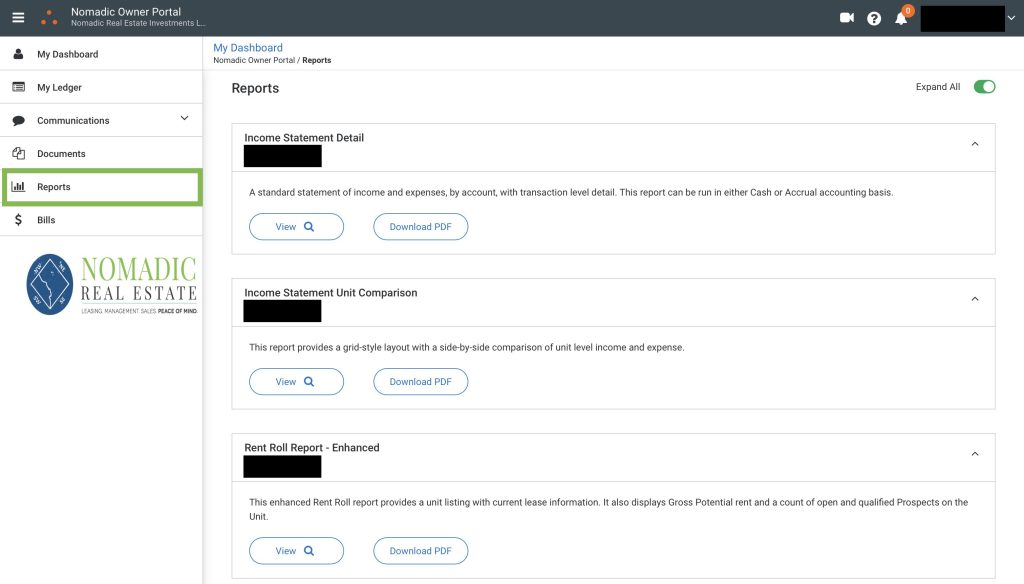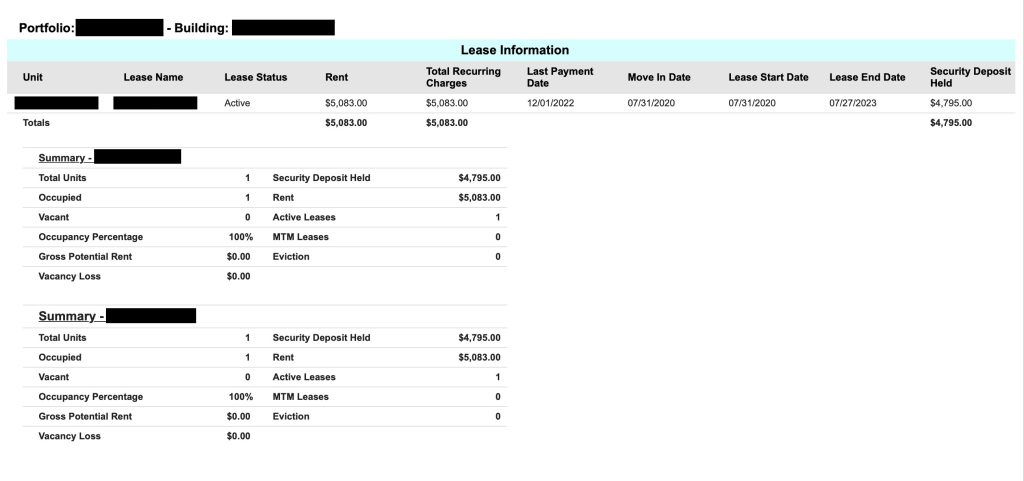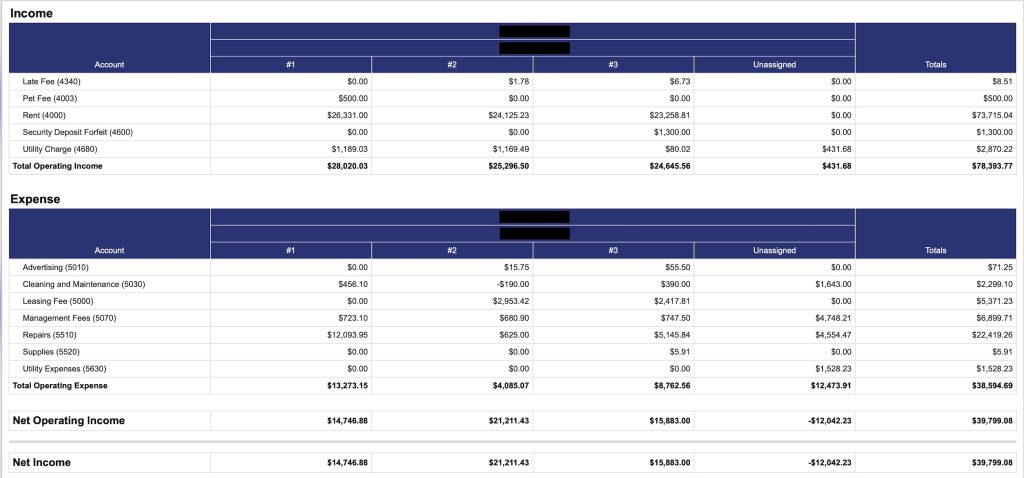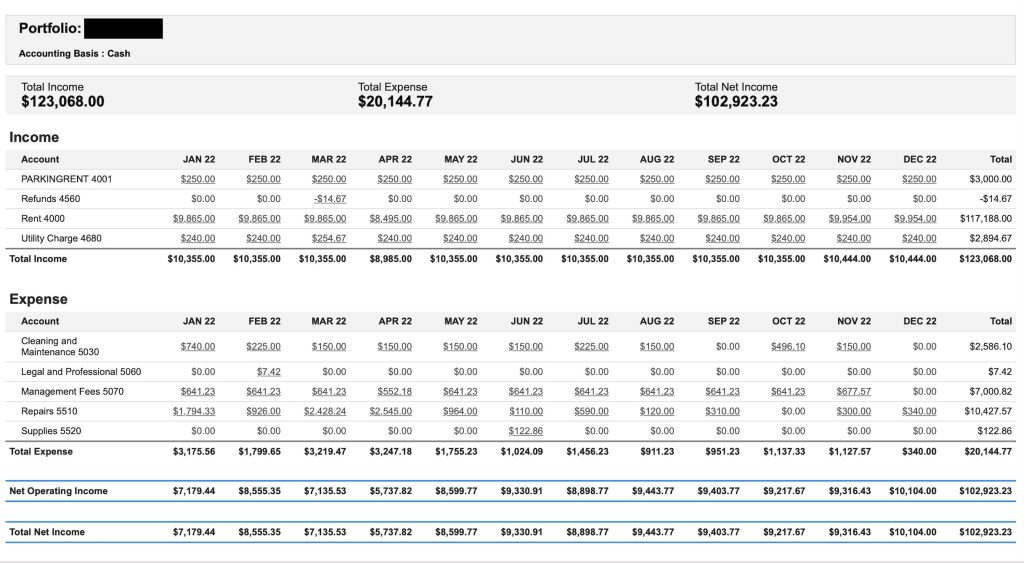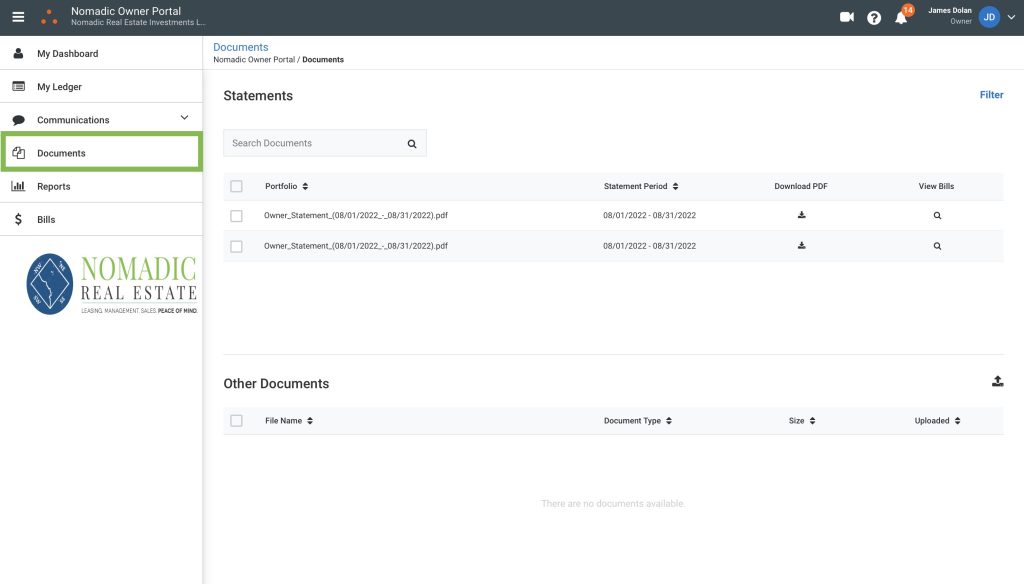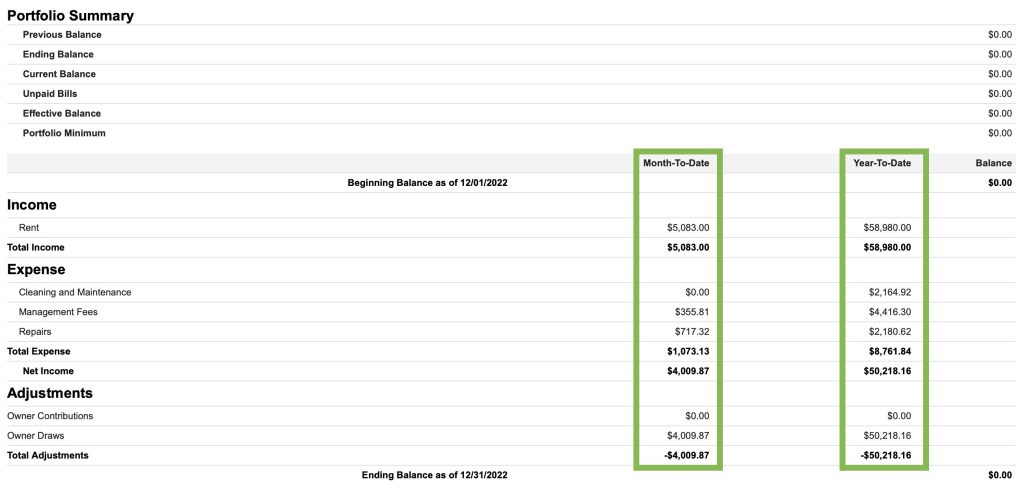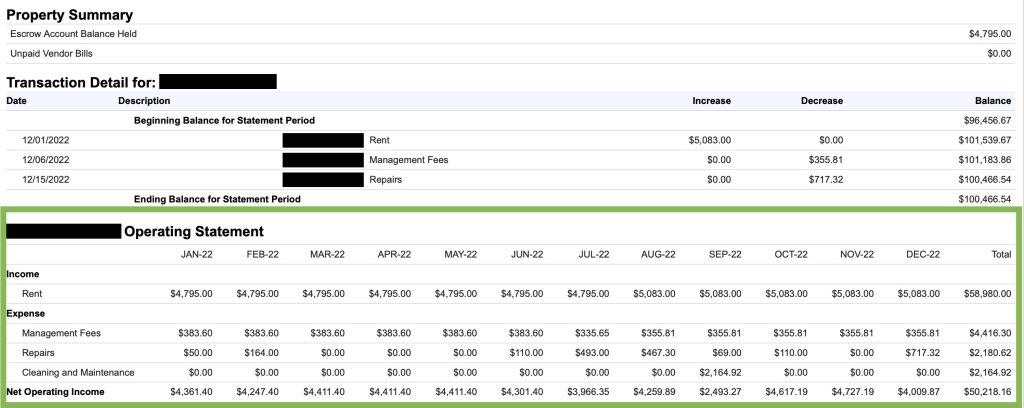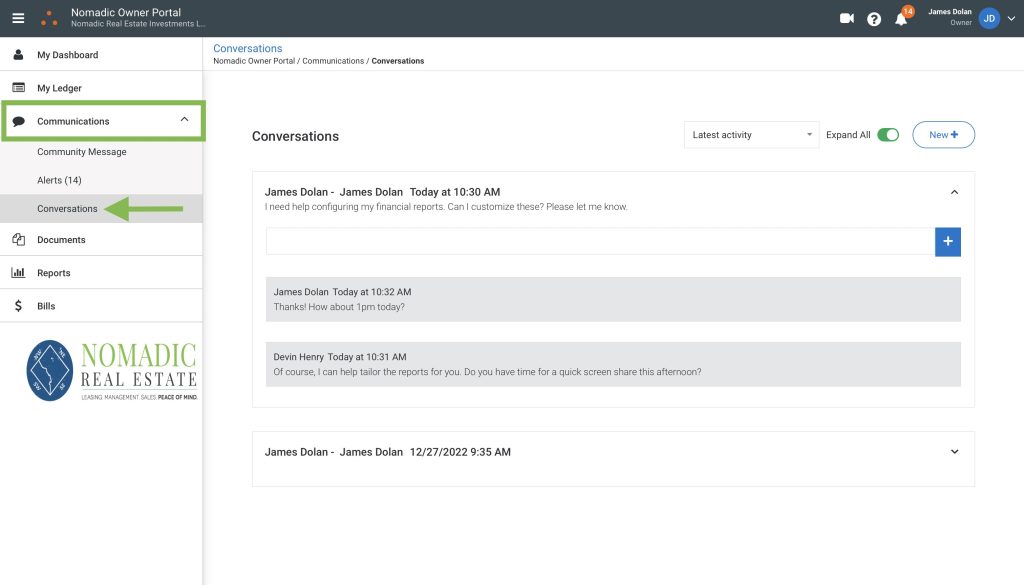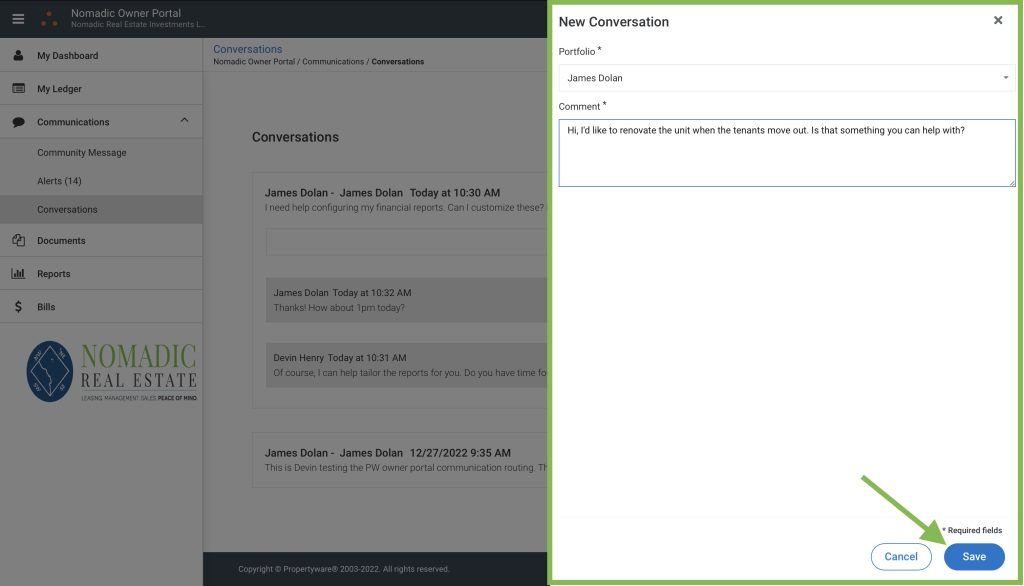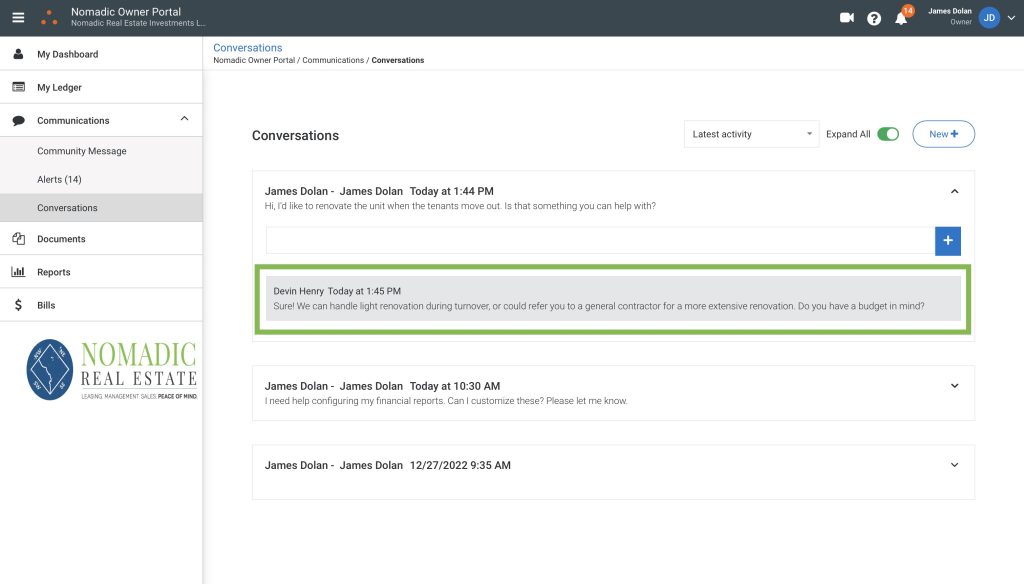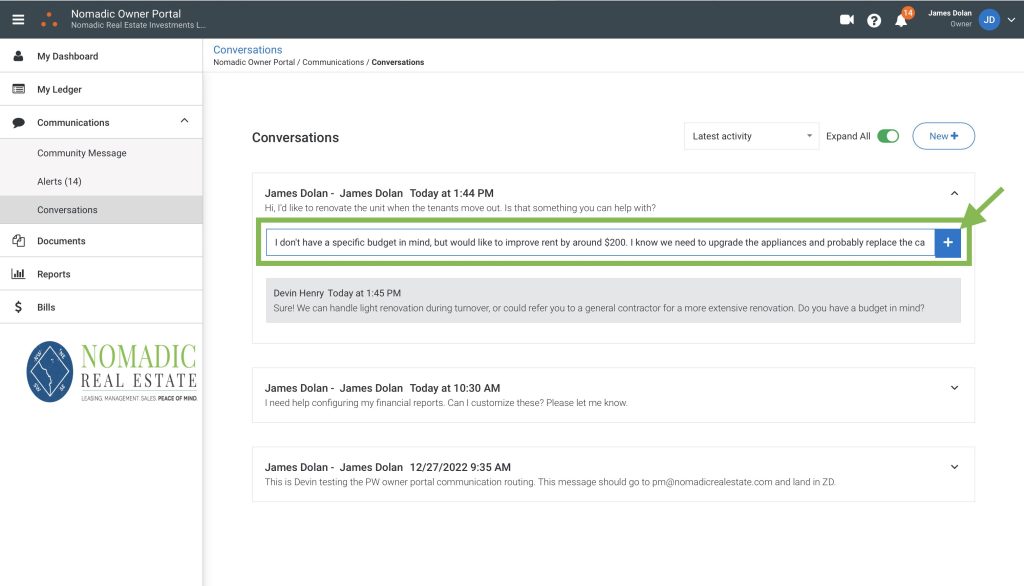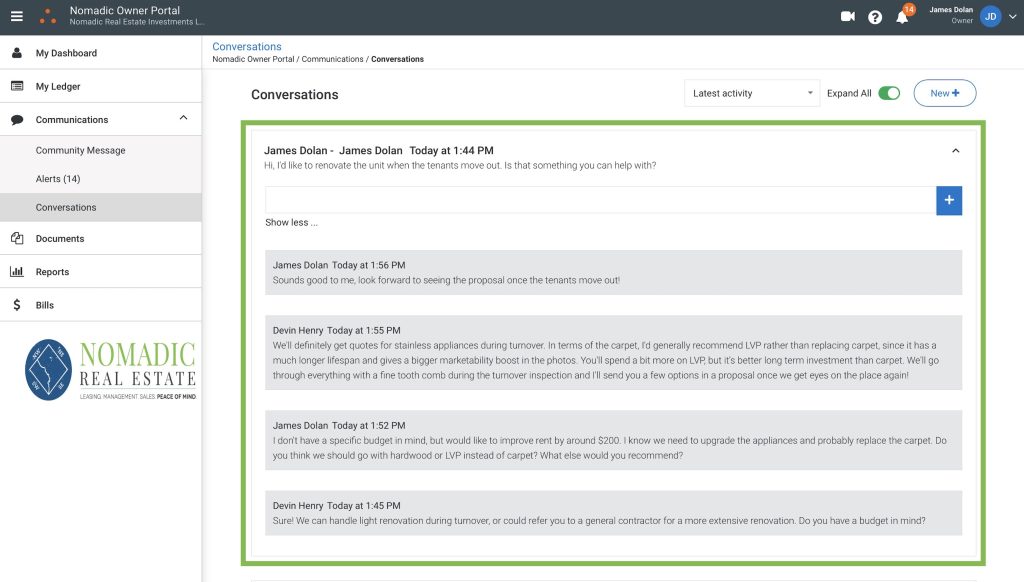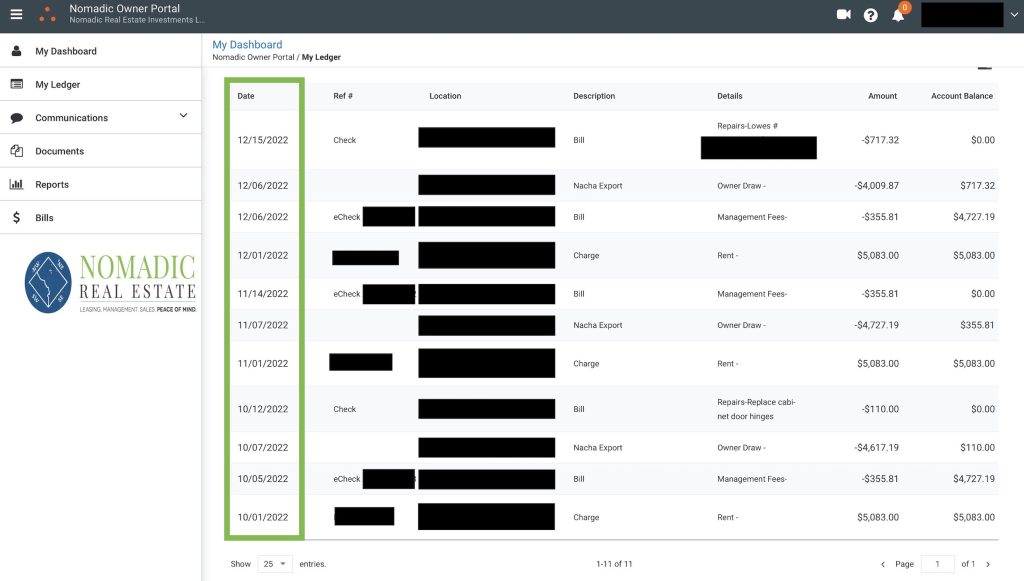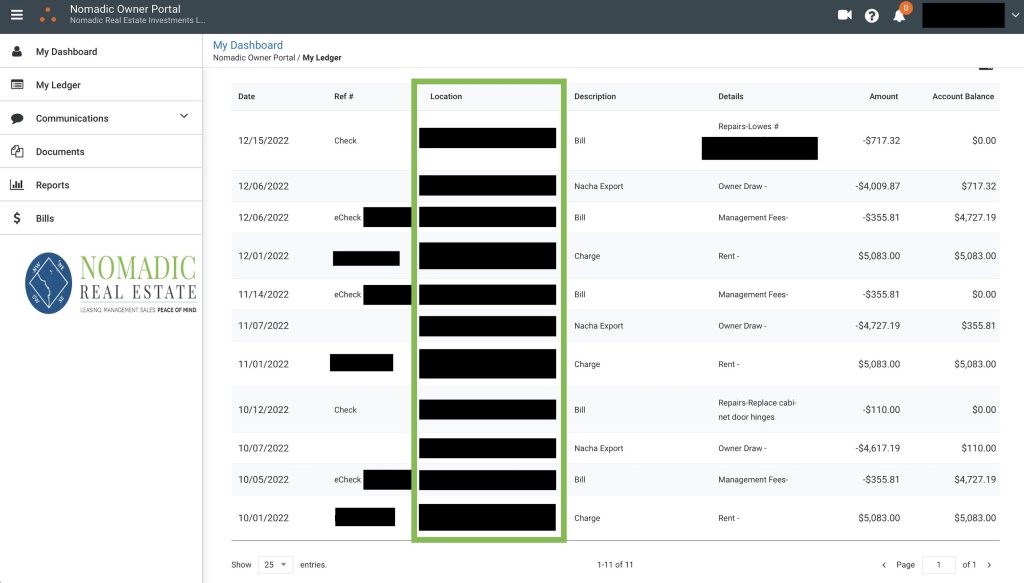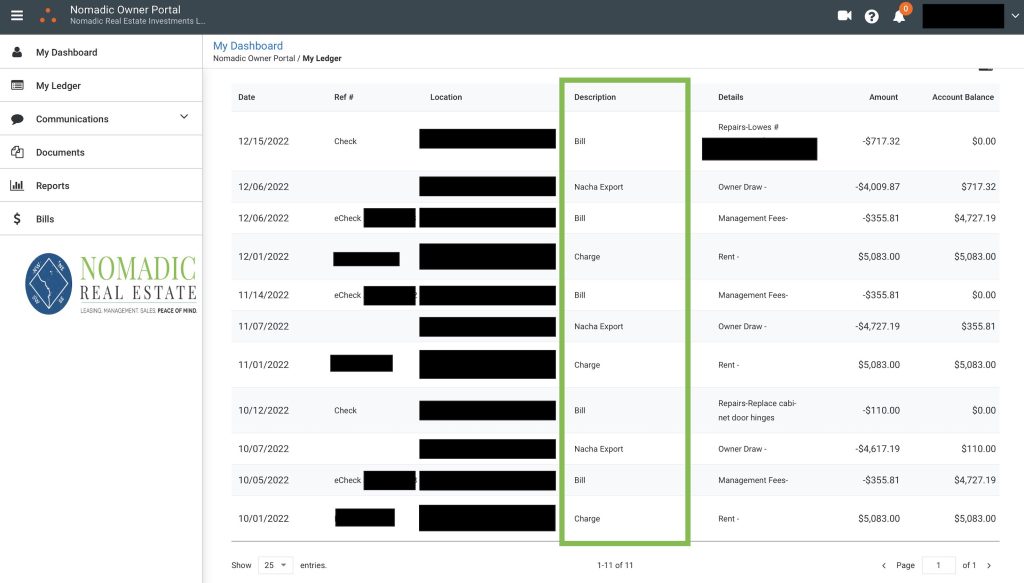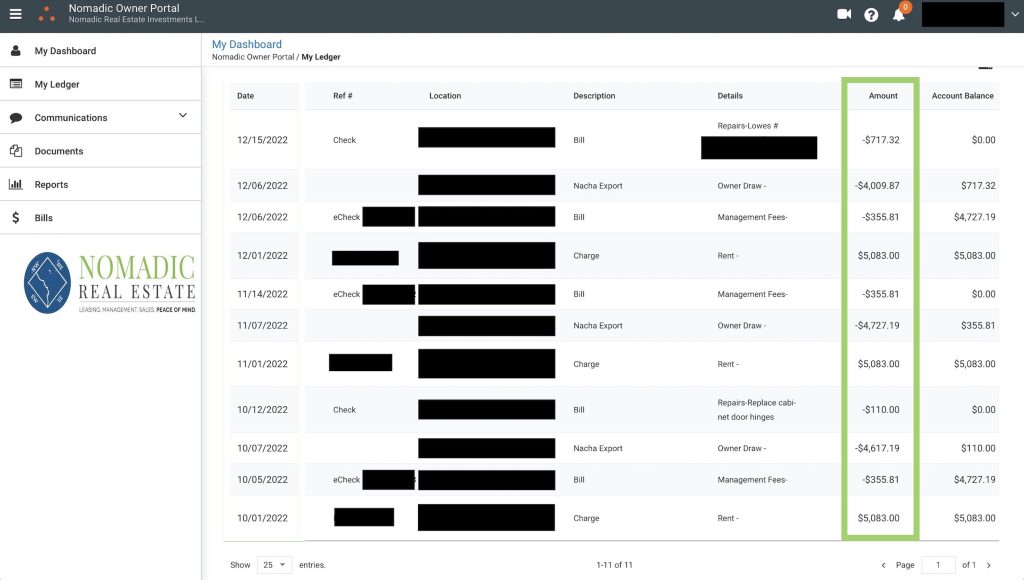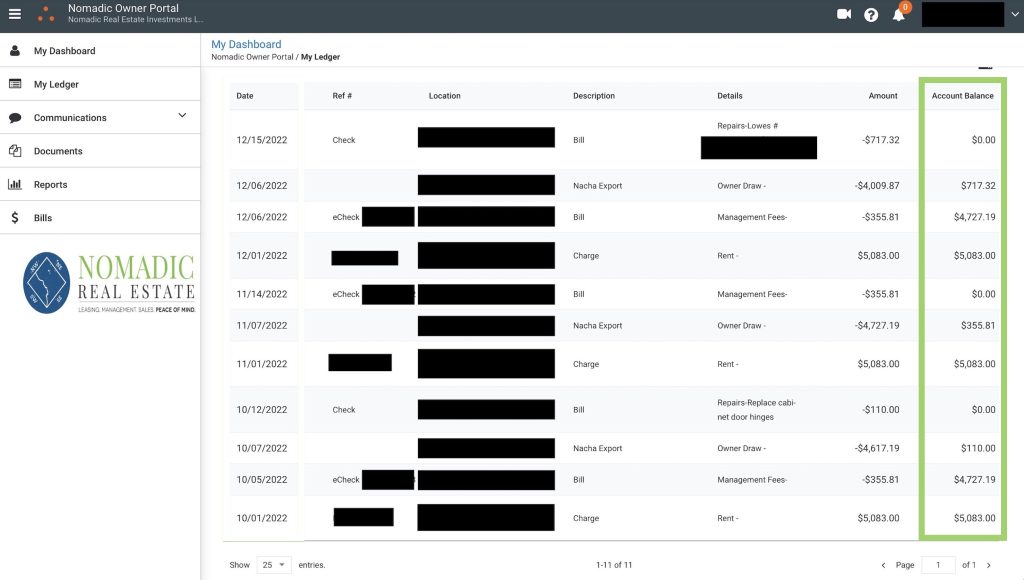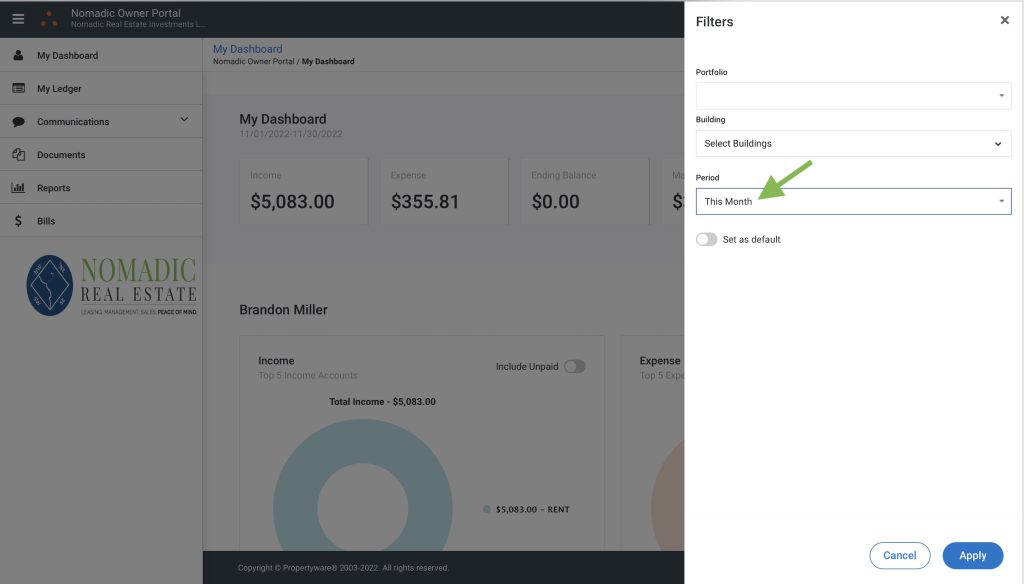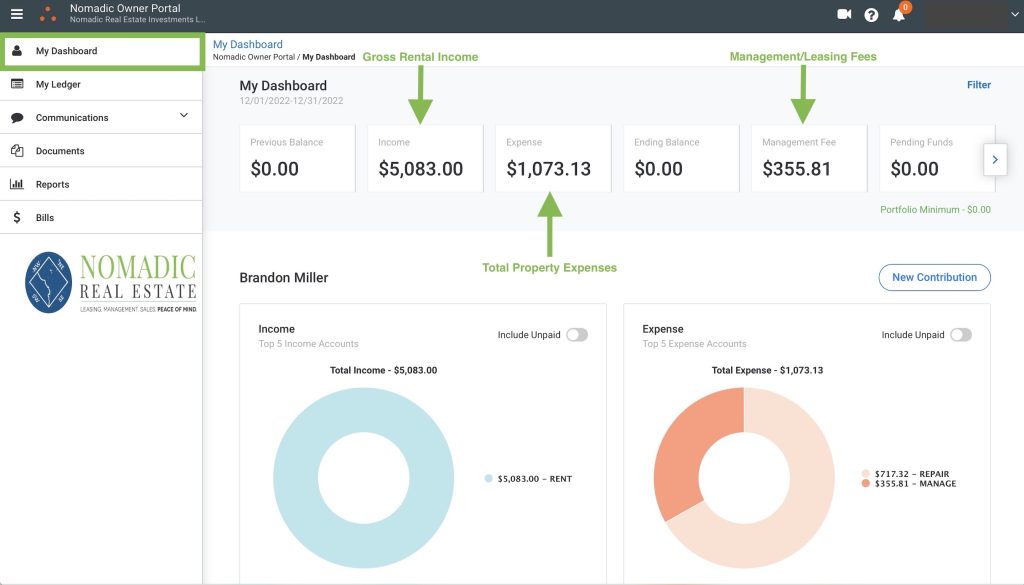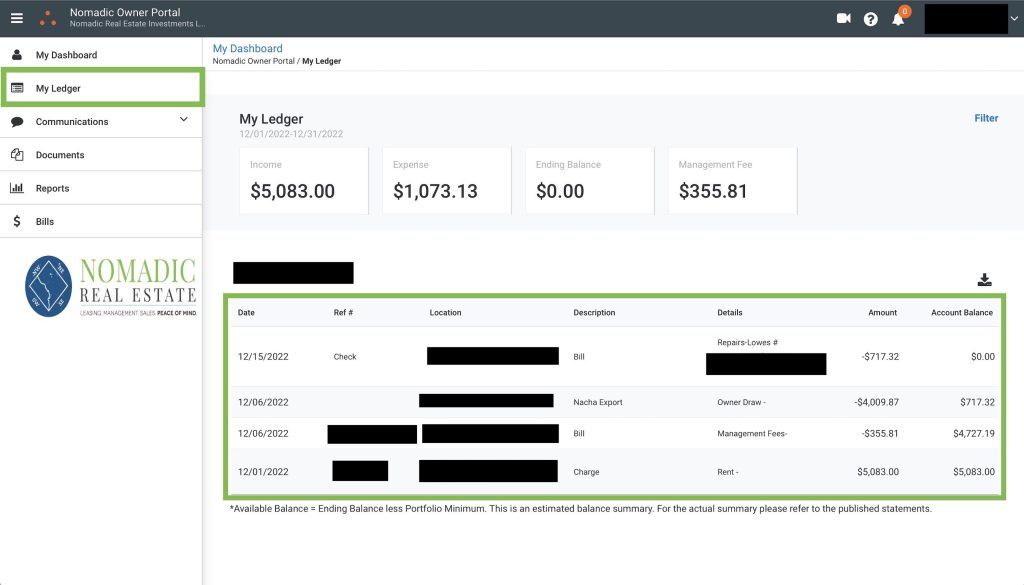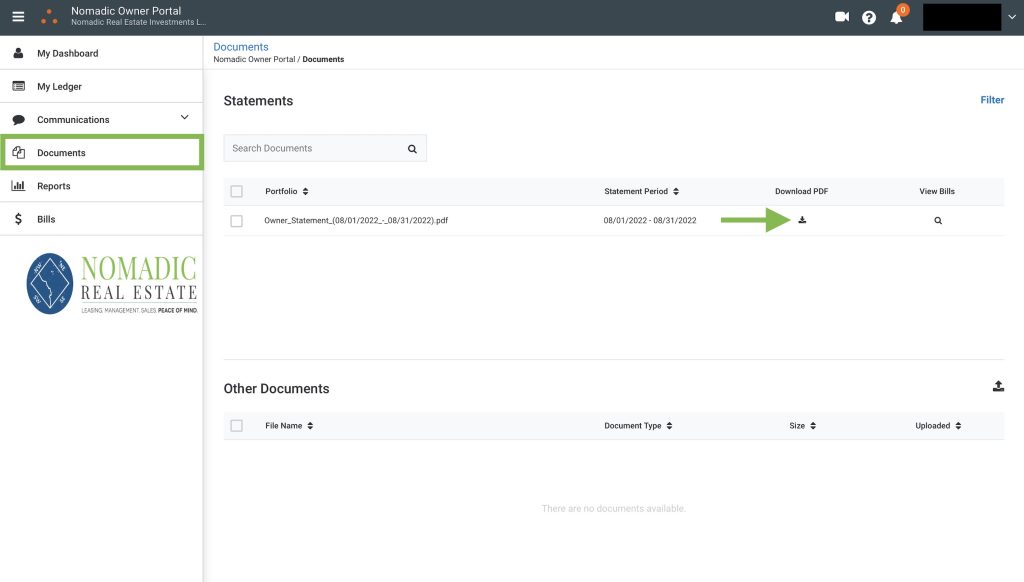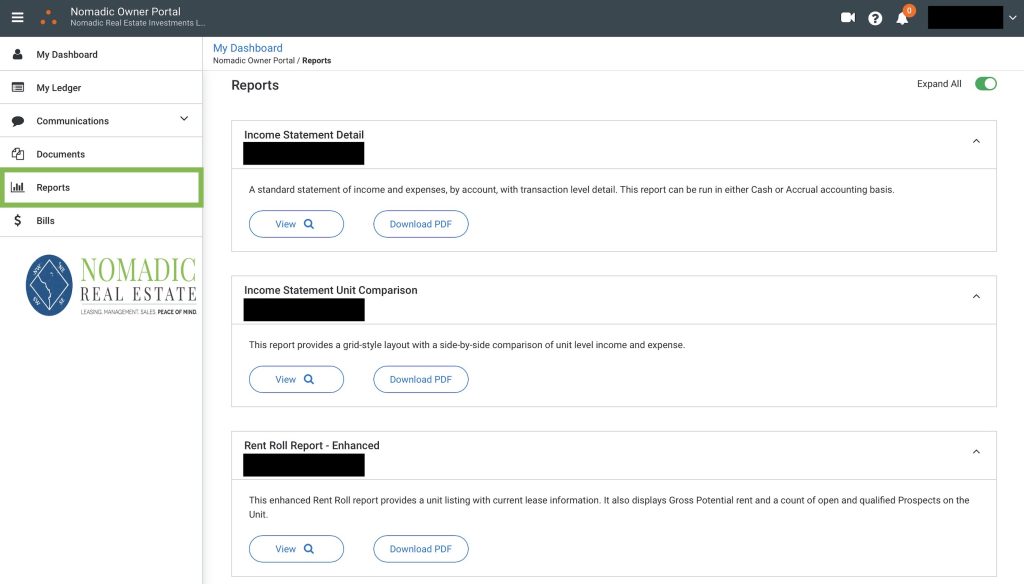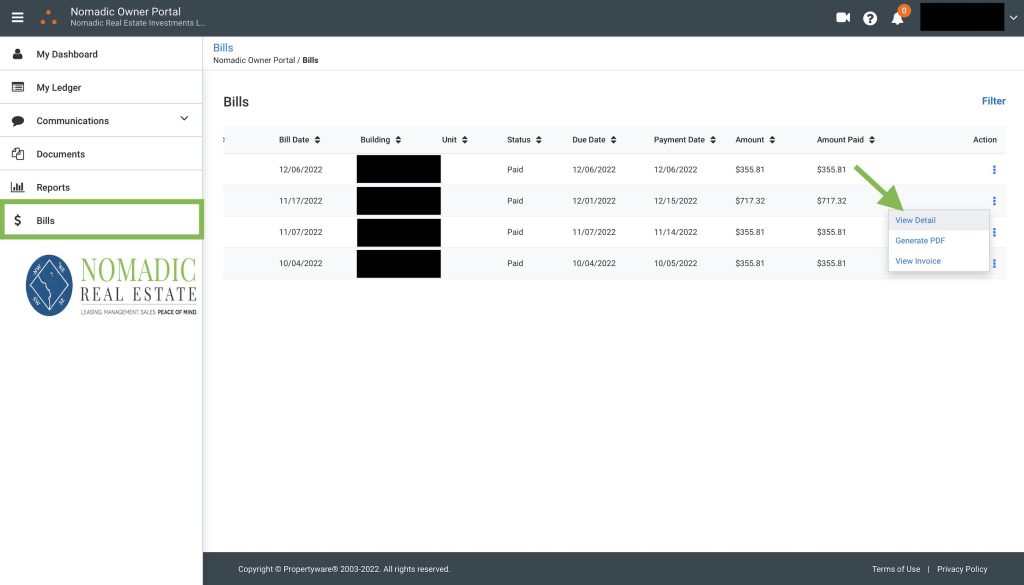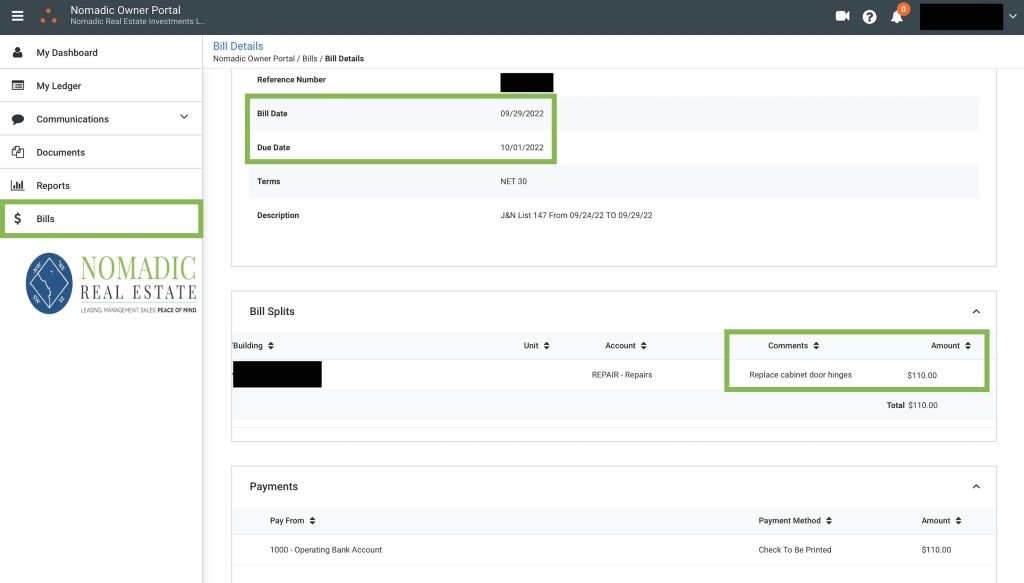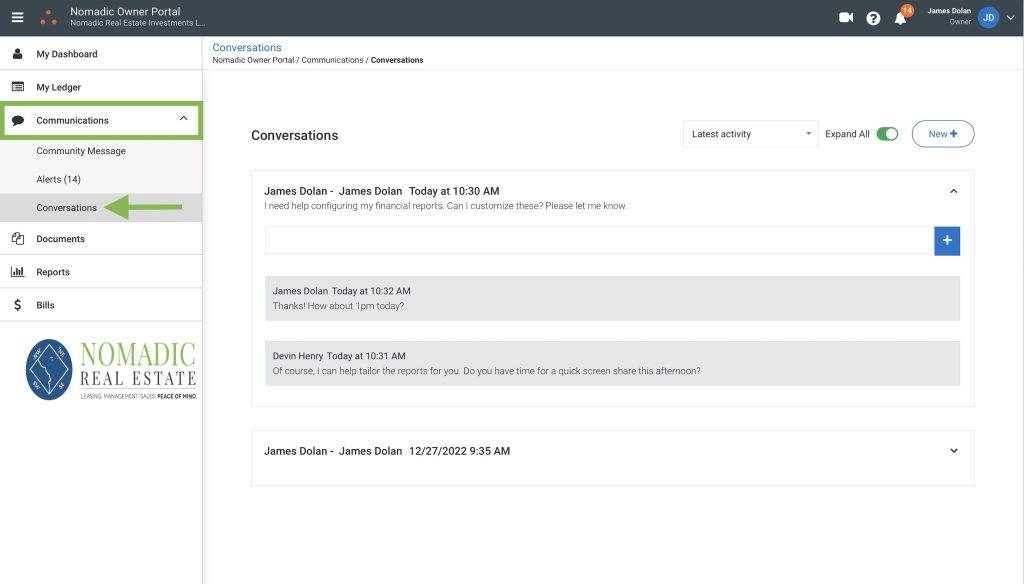Owning and renting out your property can come with plenty of perks, but it also comes with some pitfalls if you don’t have the right tenants.
If you want to rent your property, it’s crucial to understand how to screen tenants so you can be sure your experience as a landlord will be a pleasant one.
Read on to discover how you can screen tenants effortlessly, and how using a quality property management service can help.
Application Criteria to Consider
In order to find a reliable tenant, it’s important that you ask the right questions of potential renters. There are several important hallmarks of a good tenant that you should consider before you agree to rent your property to someone new. When you’re screening a potential tenant, here are the key elements:
Income Screening
First, find out what their level of income is. Ideally, an applicant’s income should meet or exceed three times the amount of rent you charge per month. So if you plan to rent your property for $2,000/month, you should consider approval for tenants who earn $6,000/month or greater. Of course this is not a firm rule, but using this as a general guideline will help you eliminate some of the guesswork.
When you screen tenants for income qualification, we recommend using combined household income as the most useful measure. You don’t need every roommate or family member to qualify individually, but you need them to qualify as a sum total. When calculating combined income (to meet the ideal 3x threshold), make sure you clarify whether they’ve provided gross or net income in their application.
Employment Verification
Next, you’ll want to ask the potential tenant about their work history and get some references. Check these references to be sure they’re currently employed and find out how long they have had the same job. You may also request pay stubs or tax documents to verify the self-reported income listed on their application.
If there are any discrepancies between the amount they reported and the amount reflected on their official documents, ask the applicants for additional documentation or explanations–often times there are simple answers to these questions and it is important to ensure everyone is on the same page.
Background Checks
Checking the tenant’s background is a critical step in the rental application process. Run a criminal background check to make sure the person does not have a criminal record that would materially impact their tenancy. Each state has their own set of guidelines and regulations regarding criminal background checks, so make sure you know your local laws and remain in full compliance throughout the tenant screening process.
You’ll also want to check public databases for eviction history. It is important to conduct a thorough eviction screening during the application process, so you can identify and address any concerns upfront.
Keep in mind that not all evictions that are filed actually become full evictions. Filing an eviction is the first step of the eviction process, and is the point at which the eviction is added to public record. After an eviction is filed, it is possible that the tenant cured the breach (typically paying rent) and avoided the eviction, or that the eviction was dismissed in legal proceedings.
If you encounter a red flag on an applicant’s criminal or eviction history, talk to them about it and learn as much as you can about both sides of the story. Rather than outright rejecting an application based on a blip on the background report, use any red flags as an opportunity to get to know the applicant and open up a candid conversation with them.
Credit Screening
A good credit score is a great indicator that a tenant will pay their rent on time. Perform a credit check with the tenant’s permission, and make sure you understand how credit scores are rated:
FICO credit scores range from 300 to 850:
- 300-579: poor score, higher risk of default. 16% of Americans have a FICO score within this range.
- 580-669: fair score, moderate risk of default. 17% of Americans have a FICO score within this range.
- 670-739: good score, lower risk of default. 21% of Americans have a FICO score within this range.
- 740-799: very good score, low risk of default. 25% of Americans have a FICO score within this range.
- 800-850: exceptional score, lowest risk of default. 21% of Americans have a FICO score within this range.
If an applicant meets your income criteria, we recommend approving scores 650 or higher. In some cases, scores lower than that may be acceptable depending on the strength of the application as a whole. If a tenant has a credit score of 700 or higher, assuming he/she meets the other qualifications, we’d consider this a low-risk applicant and recommend approval.
We recommend requesting cosigners for applicants who have lower credit scores, as this will help all parties remain accountable for consistent on-time rent payment. A cosigner should go through the same application process as the primary applicants, to ensure consistency and fair treatment.
There are many factors that contribute to an applicant’s credit score, so it is important to consider the application comprehensively and examine the factors that influence the credit score. You need to look beyond the raw numbers in order to get a clearer picture, and look at factors such as on-time payments, credit utilization ratios, type and number of credit accounts, and age of credit history.
As a landlord, you must ensure your tenant credit screening process is compliant with the Fair Credit Reporting Act, so make sure to get acquainted with all applicable laws before you engage in rental application credit screening.
Get to know your applicant
You should also check with the person’s previous landlord to get a good reference. The prior landlord may be able to help you determine if they’ve had a good track record of renting a property in the past. Oftentimes you’ll get great news from their previous landlords, which can help put your mind at ease.
A few more key questions to ask potential tenants include:
- Do you have pets? If so, what kind and how many?
- How many occupants will be living with you? Has each person 18 or older completed their application?
- What is your desired move-in date?
- Are there going to be frequent guests staying in the property? If so, they may need to apply.
- Are you a smoker?
All of these questions should be included in your rental application. Make it clear that you will need the applicant’s permission to check references, run a background check, and pull their credit score as a condition of rental.
The answer to these questions won’t always make or break your decision, but they can help to guide you in finding the ideal tenant.

How to Screen Tenants Online
It’s always preferable to meet prospective tenants in person before they sign the lease, whenever possible. This will help you establish an official meeting that puts both the owner of the property and the lessee at ease. But you also want to make it as easy as possible for prospective renters to complete your tenant screening process. You can reduce friction at this stage by using an online tenant screening platform such as RentSafe.
Choosing an online application platform
There are plenty of modern online interfaces for processing rental applications. You need to choose the platform that makes the most sense for you. If you’re processing a high volume of applications, you’ll want a platform that allows you to stay organized and minimize the amount of manual data entry required.
If you’ve hired a property management company to help find tenants for your property, ask them about their tenant screening process and find out about what online provider they use. You want to make sure the application information is presented to you in a simple and clear manner, so you don’t need to do extra legwork when evaluating a screening decision.
Why Screen Tenants online?
There are a few major benefits to using an online tenant screening platform:
- It is easier for the applicants, since they don’t need to fill out a paper application in person. They can complete the application from the comfort of their own home.
- It is easier for YOU, as the landlord: you can manage all aspects of the application in one place, without needing to run manual database searches for criminal and eviction history or credit screening.
- Faster processing time = higher conversion ratios. Typically the faster you can get an application processed, the more likely you are to close a deal with the applicants.
- Better quality control and regulatory compliance, so you have a complete audit trail in the event of a dispute. Online applications make this much easier by producing a digital paper trail.
The modern landlord needs to accommodate the needs of the modern tenant, and should avoid paper rental applications if at all possible. You want to make the process fast, straightforward, and user-friendly for your future renters, and an efficient online rental application is a great way to make a strong first impression. If you offer an tenant screening process that is streamlined and simple, your tenants will take that as an indication of how you handle other aspects of the landlord-tenant relationship.
It’s important that you or your property management company is consistent with every single screening and interview. Remember, you must ask the same questions and process the same information for everyone in order to comply with the Fair Housing laws. An online screening process will reduce liability for you by minimizing human error and ensuring consistent screening protocol for every applicant.

Making an Approval Decision
Once you’ve decided how to screen tenants and what your approval criteria will be, the next step is making an approval decision once an application is submitted.
Respond as quickly as possible
It is crucial to respond to applications as quickly as possible, and acknowledge receipt of the application so the applicant knows the landlord or property management company is engaged in the process. We recommend offering an approval decision within 48 hours of receiving an application, to boost your odds of converting a great applicant into a tenant at your property.;
Highly qualified tenants are in high demand. If they meet your approval criteria and you think they’d be great tenants, chances are high that other landlords feel the same way. The most highly qualified tenants have a lot of options at their disposal, so it is important to act quickly once they apply.
Choosing the best applicant
There is not a one-size-fits-all rule when selecting an applicant for approval. Perhaps one applicant has a very strong credit score but only earns 2.5x income, while another applicant has a lower credit score but earns 5x income. How do you make the decision on which applicant to approve for your property?
You can use your best discretion when deciding who you want to rent your property to. A property management company can help walk you through the tenant selection process, offer professional guidance based on their experience, and can even make the decision for you if you prefer.
Tell your property management company what you’re looking for in an excellent tenant. They can use your specific requirements to make the leasing process fast, easy, and painless for everyone.
Set up some protocols in advance to help you make the screening process simple and streamlined. Once you create parameters, determine who will be approved or denied based on those guidelines. If you find yourself in a situation where you need to choose between multiple qualified applicants, ask your property manager for their recommendation based on all the facts.
As a property owner, you don’t always have time to process applications and perform tenant interviews. This is where a quality property management company comes in. They can reach out to prospective tenants and help decide who should be approved and who shouldn’t. Approving an application can be a difficult decision, and when you want to make sure you place the best tenant in your property, you should rely on advice from the experts.
Remember that no tenant is perfect, but there are things you can do to be proactive so that your next tenant works out. Making some simple requests and getting some background information should help make this process simple and effortless.

How to approve or deny an application
Once you’ve made your decision to approve or deny an applicant, what is the next step? You need to proceed carefully to ensure that you can lock down a lease with your approved applicant, and avoid any legal missteps with any rejected applicants. Here are some tips for approving or denying applications:
When approving an application:
- Send a formal approval notification to the applicant via email
- Call the approved applicants and let them know you’re excited to have them as tenants.
- Clearly outline the next steps for lease signing
- Explain any specific move-in procedures or security deposit requirements
- Get the lease signed, and welcome them to their new home!
When denying an application:
- Send a formal letter of denial, also known as an adverse action letter
- Explain in writing the reasons that they were not approved
- Offer to securely provide them with a copy of their application along with the credit and background reports, or direct them to the third party platform that provided these reports so they can obtain a free copy.
The tenant screening process can be very risky if handled improperly. As a landlord, you need to insulate yourself from liability by ensuring consistent tenant screening practices that are fully compliant with the law. Make sure to follow the same steps every time you reject an application, and understand your legal obligations when sending an adverse action letter to an applicant who was denied.
Screen Tenants the Smart Way
Now that you know how to screen tenants effectively, your next rental agreement should be painless. A few simple questions along with a thorough credit, background, and income check can help to ensure that you get paid on time every month. Taking these steps upfront can help minimize your stress later on. If you know how to screen tenants the smart way, and if you put in place a solid process and follow it step-by-step, you’ll feel more comfortable with the people you select to rent your home.
How can a property manager help?
Consider enlisting the help of a professional property management company that can process rental applications for you. This will save you time, reduce your legal liability through strong regulatory compliance and procedural consistency, and help you screen tenants thoroughly so you’ll have timely payments and peace of mind throughout the duration of the lease term.
Tenant screening is a crucial part of being a landlord, and proper procedure can make or break your experience. You need to be as comfortable as possible with the people who will be selected to live in your rental property, but at the same time it is imperative to insulate yourself from the risk and legal liability of improper tenant screening practices. A property manager can provide expert guidance to help you find the best tenants possible while minimizing your risk.
If you need a top-rated property management company in Northern Virginia, Maryland, or Washington DC, be sure to contact us today to find out how we can help transform your experience as a landlord.










